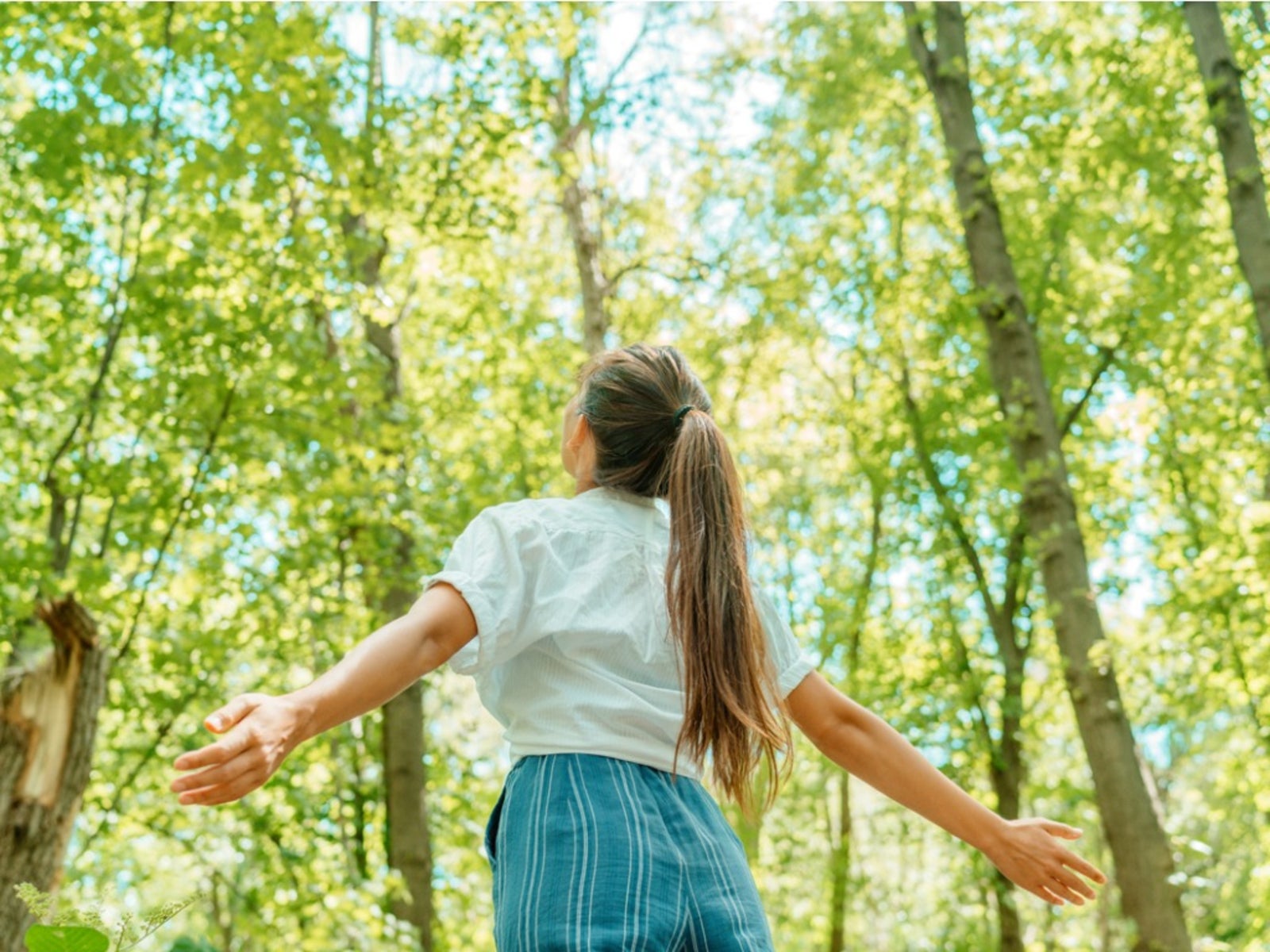Allergy Friendly Plants: Tips For Making Gardens Allergy Friendly


Sign up for the Gardening Know How newsletter today and receive a free copy of our e-book "How to Grow Delicious Tomatoes".
You are now subscribed
Your newsletter sign-up was successful
Plant pollen is for sure any allergy sufferer's worst enemy. Gardening, or even enjoying a garden, is the farthest thing from their minds. However, with a little planning and research, it is possible for people allergic to garden plants to create and enjoy anti-allergy gardens all season long. Let's learn more about how to make an allergy friendly garden.
How to Make an Allergy Friendly Garden
Every year, as spring brings forth new life in the garden, people begin to sneeze in response to pollen in the air. For pollen sensitive people and those allergic to garden plants, spring is an uncomfortable and agonizing time of year. The key to making gardens allergy friendly lies in selecting plants with low pollen. Contrary to popular belief, low pollen plants are not bland or unattractive. Bees, butterflies, and other insects pollinate allergy friendly plants, not the wind. These plants tend to have large, bright-colored and pretty flowers and are a lovely addition to any garden. Wind-pollinated plants should be avoided and generally have small, inconspicuous flowers, hanging blooms, or catkins.
Allergy Friendly Plants
Choosing allergy friendly plants is a great way to enjoy all the benefits of gardening without the sneezing or sniffling associated with being allergic to garden plants. There are several allergy free alternatives you can use in the garden. Trees- Trees with showy flowers are preferred in anti-allergy gardens. The following low or no allergen trees include:
Shrubs- Shrubs to include in your allergy friendly garden may consist of the following:
Flowers- Many herbaceous plants are deemed to be okay for use as allergy friendly plants and include:
Allergy-Friendly Garden Tips
In addition to making gardens allergy friendly, it is important to pay attention to air quality and overall pollen count. Do not go outside on days when the pollen count is extremely high. No matter how allergy friendly your garden is, high pollen count days will make anyone with allergies miserable. Likewise, it is best not to garden on days when the wind is strong. Cool, wet days also help keep pollen levels low. It helps to avoid trees and shrubs while they are in bloom and absent of leaves or are beginning to grow. Wearing lightweight clothing that covers your arms and legs, as well as a hat and sunglasses, provides protection from flying pollen. If your garden is surrounded by grass, be sure to keep the grass cut very low to inhibit seeds. Wetting down grass before gardening, or edging your garden area with stones will help keep allergens at bay too. Molds produced from composts and decomposing mulch can also affect those suffering from allergies. Therefore, you should consider buying finished compost rather than making your own and replace organic mulches (like bark, shredded leaves, etc.) with pebbles or a similar material. If you are allergic to garden plants but want to garden, don't let the thought of pollen keep you from enjoying all the benefits that gardening has to offer. With careful planning and low-allergy plants, you can learn how to make an allergy friendly garden that will ease all your springtime anxieties.
Sign up for the Gardening Know How newsletter today and receive a free copy of our e-book "How to Grow Delicious Tomatoes".

Susan Patterson is a master gardener, author, and educator with more than 30 years of hands-on experience growing vegetables, herbs, and medicinal plants. She specializes in edible gardening, sustainable living, and the practical use of plants for health and wellness. A longtime instructor with the West Virginia Herb Association, Susan is passionate about teaching others how to grow, preserve, and use their own food. Through her books, articles, and her work with Earthenmamma, she empowers readers to cultivate thriving gardens – and healthier lives – wherever they live. She resides in Arizona.